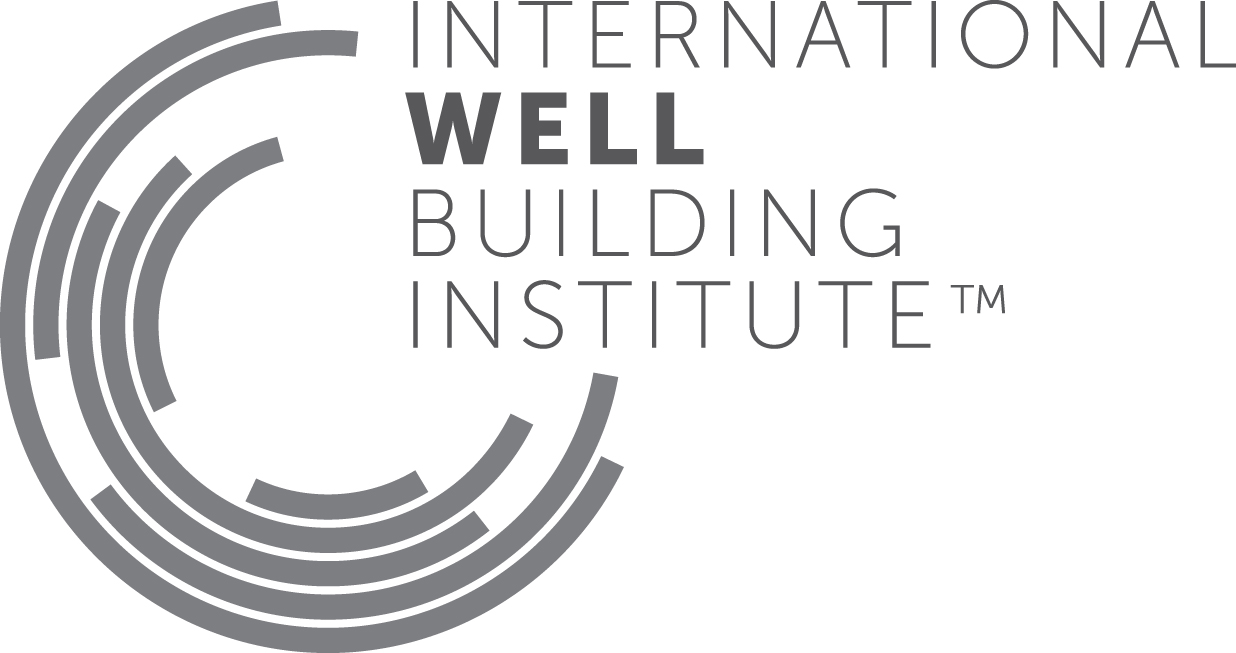BRE and IWBI Release Guidance to Streamline Joint Certification of BREEAM and WELL
LONDON, January 31, 2017 /3BL Media/ -- BRE and the International WELL Building Institute™ pbc (IWBI™) have today published a briefing paper which outlines how Certified BREEAM credits may be used to demonstrate compliance with the WELL Building Standard™ (WELL) post-occupation.
Following last year’s announcement of an agreement between the two organizations to pursue alignments between WELL and BREEAM, the document, Assessing Health and Wellbeing in Buildings, has been created to make it easier for those wishing to obtain both a certified BREEAM rating and a WELL Certified™ rating.
The document provides guidance on how the process for pursuing dual certification may be streamlined, and offers information for architects and designers to better understand the requirements and how the two standards relate. It also sets out the areas where WELL requirements are addressed by UK and/or EU regulations, and where these can be omitted from an assessment for buildings undergoing a WELL assessment in these territories.
“The document will allow clients and design teams to use the same evidence in both schemes,” said Alan Yates, BREEAM Technical Director. “When you need or want both certification schemes, this document will guide project teams on the most efficient way of going through the process. They won’t need to duplicate evidence or calculate things in different ways, as approximately 35 % of credits are equivalent or aligned in some way. This will ultimately reduce the burden of assessing both schemes.”
“We’re pleased to partner with BREEAM to make it easier for project teams to link their sustainability initiatives to WELL,” said IWBI Chairman and CEO Rick Fedrizzi. “With these credit crosswalks, together we can advance further and faster the positive impacts we can have on both people and the planet.”
BREEAM and WELL are both evidence-based systems that have best practice, continual improvement and the interest of both the environment and people at their heart. Certification under both systems is pursued through the submission of project documentation and on-site post-occupancy performance testing.
The publication of this briefing paper comes at a time when corporations as well as the real estate industry are increasingly looking at how the built environment impacts human health as well as sustainability.
To obtain a copy of the briefing paper visit the BREEAM website: www.breeam.com/resources.
For further information on BREEAM, please contact David Ing at CFA on:
Telephone: +(44) 1622 754295 or +(44) 7802 409484
Email: david.ing@cfa-group.com
For further information on IWBI, please contact Callie Stanton Nike Comm on:
Telephone: +1 646-654-3438
Email: cstanton@nikecomm.com
About BREEAM
BREEAM is the internationally recognised measure of sustainability for master planning, infrastructure, buildings and communities, covering all stages of an asset’s life, including new construction, in-use and refurbishment. Used in more than 70 countries, more than 551,000 buildings have been certified and 2,252,823 registered for assessment over a 25-year period. BREEAM is administered by BRE, an independent and impartial, research-based advisory, testing and training organisation, offering expertise in every aspect of the built environment and associated industries. For more information please visit: www.breeam.com
About the WELL Building Standard™
The WELL Building Standard™ (WELL) is a performance-based system for measuring, certifying and monitoring features of the built environment that impact human health and well-being. Launched in 2014, more than 300 projects encompassing 60 million square feet are now registered or certified under the WELL Building Standard in 27 countries. WELL is administered by the International WELL Building Institute (IWBI), a public benefit corporation committed to improving human health and well-being through the built environment. IWBI has committed to direct 51 per cent of net profits, after taxes, generated by registration, certification and recertification fees received from real estate projects applying for WELL Certification toward charitable contributions and impact investment focused on health, wellness and the built environment. www.wellcertified.com

